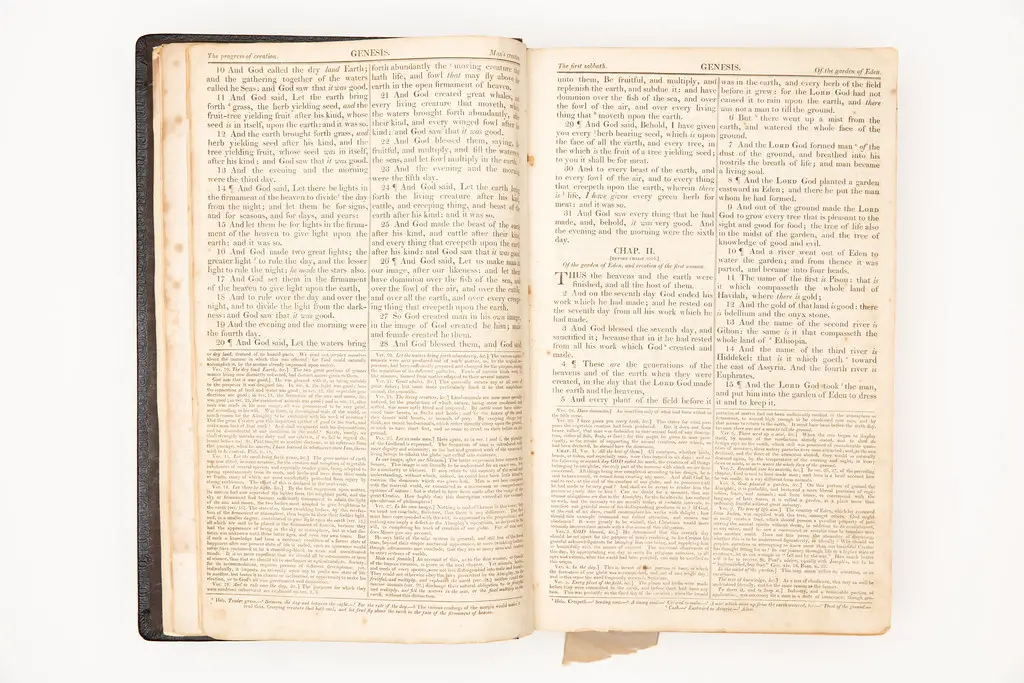



The phrase "But God" appears multiple times throughout the Bible. It is often used to highlight a divine intervention or interruption in human affairs. In this article, we will explore the various instances of "But God" in the Bible and analyze the significance of each one.
"But God remembered Noah and all the wild animals and the livestock that were with him in the ark, and he sent a wind over the earth, and the waters receded."
"You intended to harm me, but God intended it for good to accomplish what is now being done, the saving of many lives."
"When Pharaoh let the people go, God did not lead them on the road through the Philistine country, though that was shorter. For God said, 'If they face war, they might change their minds and return to Egypt.' So God led the people around by the desert road toward the Red Sea."
"David stayed in the wilderness strongholds and in the hills of the Desert of Ziph. Day after day Saul searched for him, but God did not give David into his hands."
"My flesh and my heart may fail, but God is the strength of my heart and my portion forever."
"But God raised him from the dead, freeing him from the agony of death, because it was impossible for death to keep its hold on him."
"But God demonstrates his own love for us in this: While we were still sinners, Christ died for us."
"But God chose the foolish things of the world to shame the wise; God chose the weak things of the world to shame the strong. God chose the lowly things of this world and the despised things—and the things that are not—to nullify the things that are."
The phrase "But God" is used in the Bible to emphasize the power and sovereignty of God. It is often used to highlight a situation where human efforts have failed, but God steps in and intervenes to bring about a divine outcome.
In Genesis 8:1, we see that God remembers Noah and sends a wind to recede the floodwaters. This intervention saves Noah and the animals in the ark from certain death. Similarly, in 1 Samuel 23:14, God protects David from Saul's pursuit and does not give him into his hands.
"But God" is also used to show that God can turn a negative situation into a positive one. In Genesis 50:20, Joseph's brothers intended to harm him, but God used their actions to bring about the saving of many lives. In Romans 5:8, we see that God demonstrated his love for us by sending his son to die for our sins, even though we were still sinners at the time.
The phrase "But God" is also used to show that God's ways are higher than our ways. In 1 Corinthians 1:27-28, we see that God chooses the weak and foolish things of the world to shame the wise and strong. This is a reminder that God's wisdom and understanding are beyond our comprehension.
The phrase "But God" in the Bible is a powerful reminder of God's sovereignty and power. It is a reminder that God is in control of all things and can intervene in human affairs to bring about a divine outcome. Whether it is protecting his people from harm, turning a negative situation into a positive one, or demonstrating his love for us, "But God" shows us that we can trust in God's plan and his ways.
Related Posts